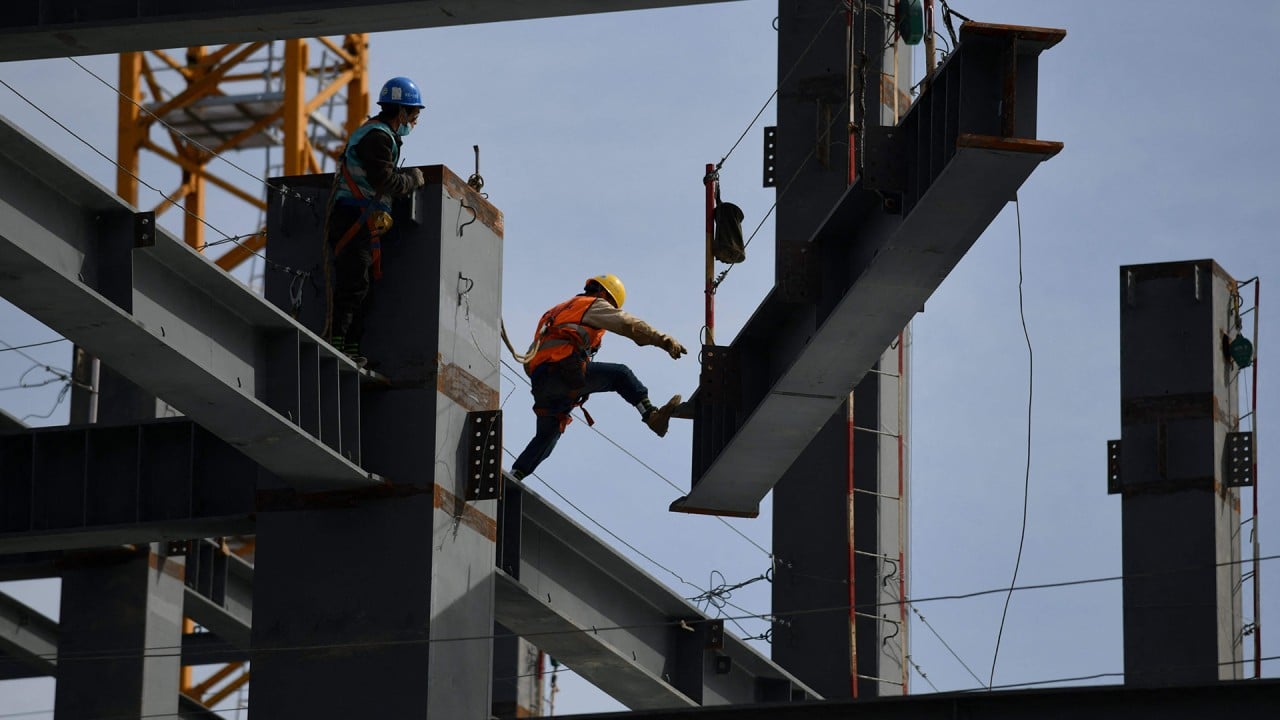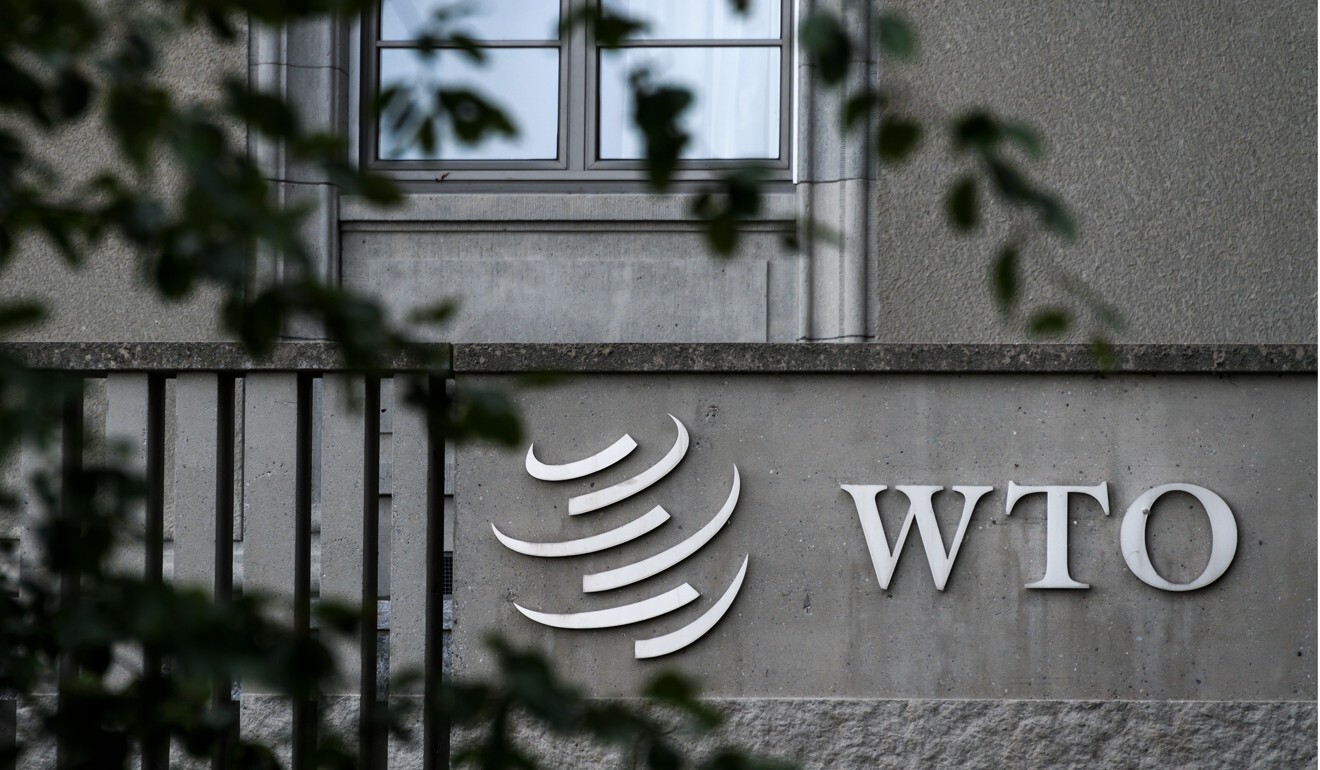
China is not heading toward a market economy, often due to its own policies, report concludes
- China ‘is clearly not what was envisioned’ when it was admitted into the World Trade Organization in 2001, Atlantic Council and Rhodium Group find
- The nation has back-pedalled from its stated economic objectives, and the US and other market economies must protect themselves when dealing with it
China has fallen short of meeting its stated reform goals and is not on track to become a market economy, a report assessing China’s development has concluded.
As a result, the United States and other market economies must develop commercial rules to protect their systems better when they deal with China until it becomes a more open economy, according to the report, China Pathfinder, published by the Atlantic Council and Rhodium Group on Tuesday.
The report found that while the last decade saw some progress, China’s back-pedalling from a more open economy, which began in 2016, was particularly prominent in the past year when Beijing began to crack down on private firms in the technology and education sectors and pursued a growth strategy intended to make China less reliant on the outside world.
China decries ‘erroneous, dangerous’ WTO ruling in US solar cell dispute
The report’s researchers said that, 20 years later, the US and other nations must go beyond the tools permitted by the WTO, since China “is clearly not what was envisioned in 2001”. The report stopped short, however, of proposing specific measures.
The report aims to clarify the complex issues of China’s economic goals, its global strategies and corporate responses to them, to help develop better US policies.
“Mutual trust between the world’s two largest economies has completely eroded, with neither side able to agree on basic facts,” said Josh Lipsky, director of the Atlantic Council’s GeoEconomics Centre.
“The US believes it is being taken advantage of, while China remains convinced it is unfairly maligned for doing what it insists any other nation would do as its economy matures.”

02:01
China’s economy expands record 18.3 per cent in the first quarter of 2021
Lipsky warned that “a lack of clarity can lead to devastating consequences”, and cited the protectionist policies that exacerbated the Great Depression as an example. “In recent years, economic policies emanating from Washington and Beijing have begun to follow this eerily familiar path,” he added.
The report came as China watchers struggle to make sense of Beijing’s recent crackdown on technology firms, ostensibly to address worsening income gaps between the rich and the poor, and on education firms to tackle hefty childcare costs that have discouraged couples from having children.
“Even perennial reform optimists were shocked”, the report said, by China’s sharp reversal from the progress it had made toward a market economy since joining the WTO. Beijing has instituted measures including a rise in state ownership of companies and the growing economic role of its state-owned enterprises.
“It has overseen the unexpected nationalisation of private data, and supported the overreach by state planners in shaping the market structure of tomorrow,” the report said.
China’s plan to block export of ‘core’ data raises questions over implementation
Assessing China’s economic system in six areas, researchers said some areas were more in line with global open market rules than others.
Trade was the brightest spot: China scored better than South Korea, and its trade practices are in line with those of market economies. Beijing even scored higher than Washington on tariffs in 2020, cutting them with other nations while the US, in its trade war with China, imposed duties on about US$350 billion of Chinese goods.
Concerning innovation, according to the report, China was approaching the market economy benchmark, ranking close to Spain and Italy. Chinese venture capital’s engagement in its economic growth was particularly strong last year, ranking only behind the US and Britain.

On other metrics, China, however, fell well short of its stated reform goals, the report concluded, finding that market competition was the weakest area because of the rise of state planning and the role of state-owned enterprises. Such a trend will cause productivity to drop and hurt economic growth, the report said.
As a result, the authors said, Beijing is likely to struggle to maintain an annual growth rate exceeding 3 per cent by 2025. That compares with the double-digit average annual percentile growth China has seen in the past two decades, according to the World Bank – growth that catapulted the country to the second largest economy behind the US in 2010. Such slowing growth would present fewer opportunities for businesses.
Foreign direct investment, which should increase relative to a company’s gross domestic product as its economy grows, has fallen as the percentage of China’s since 2010. Policies to liberalise outbound capital flows have also been on hold since 2017, moving China further away from a market economy, according to the report.

